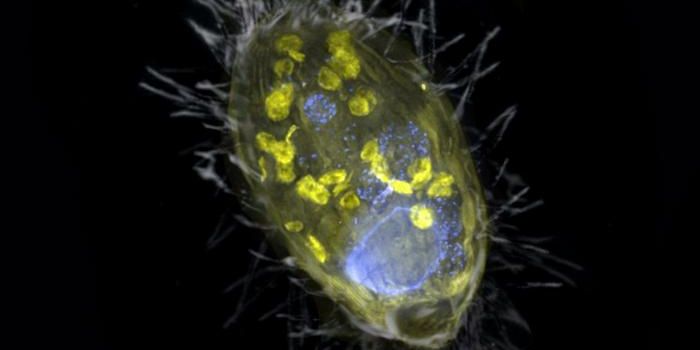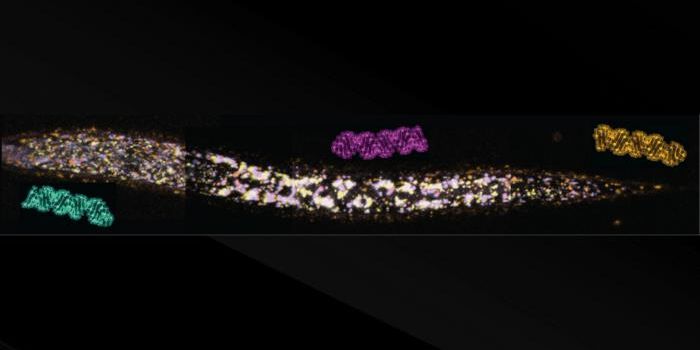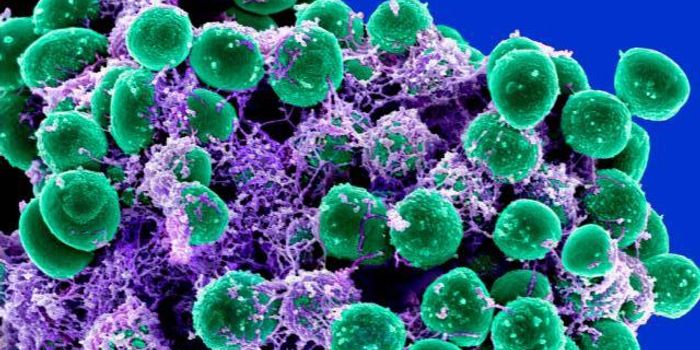Chinese Scientists Implant Genes for Human Intelligence in Monkeys
Scientists from China and the US have implanted a human gene linked to intelligence in the genomes of macaque monkeys. The first experiment of its kind, they found that monkeys with the gene performed better on memory tests than those without. American scientists however are concerned about the experiment.
In the study, researchers exposed rhesus monkey embryos to a virus carrying the human version of microcephalin (MCPH1). Expressed during fetal brain development, mutations in the gene are known to lead to microcephaly, a developmental disorder marked by small brain size.
Although the scientists managed to generate 11 monkeys carrying the MCPH1 gene, only five survived to analyze in more detail. With each monkey carrying between two and nine copies of the gene, from brain imaging and tissue section analysis, the researchers noted that its presence led to an altered pattern of neuron differentiation. It also led to delayed maturation of the neural system, similar to the developmental delay in humans, resulting in a longer childhood when compared to other apes.
Yet, although the researchers noted that the monkeys with the gene performed better on memory tests involving colors and block pictures, they also noted that it had no impact on brain size when compared to monkeys without.
Although potentially interesting findings, researchers from the US have criticized both the research methods and its results. Martin Styner, a computer scientists from the University of North Carolina who was involved in the study said, “There are a bunch of aspects of this study that you could not do in the US...It raised issues about the type of research and whether the animals were properly cared for...Now we have created this animal which is different than it is supposed to be. When we do experiments, we have to have a good understanding of what we are trying to learn, to help society, and that is not the case here.”
Regardless of these criticisms, the Chinese researchers remain optimistic about what their results may bring In the future. Not only do they hope that further research involving transgenic monkeys will better our understanding on what makes humans unique, they also hope that such insights will lead to a better understanding of neurodegenerative and social behavior disorders so they may be tackled more effectively.
Sources: China Daily, Technology Review and Discover Magazine









